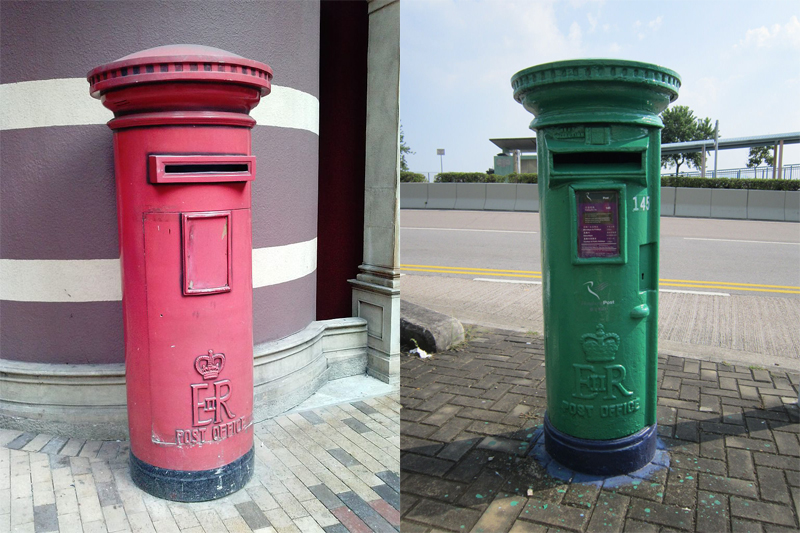All former colonies and colonisers for that matter have problems coming to terms with the past. It has taken the recent death of Michael Wright, often described as the “father of Hong Kong public housing,” to remind me how complicated this is.
Wright lived until the ripe old age of 105 and died in London, but there is little doubt that his heart lay in Hong Kong, where he was born and served in what was then known as the Public Works Department. After emerging from the depravations of a Japanese prisoner of war camp he became more sensitive to the plight of the colony’s poor, who were living in cramped spaces where kitchens and toilets were shared and generally located outdoors.

Once installed as the head of public works he made it his mission to improve these conditions, not just for practical purposes but also to help provide dignity for those of limited financial means.
Now around half the population is accommodated in public housing estates, an achievement that began in 1952 with Wright’s model Sheung Li Uk project in Sham Shui Po. He insisted on minimum space standards and, crucially, the inclusion of kitchens and toilets in each unit.
Michael Wright was a public servant in the full meaning of the word as he was highly committed to the community he served and was unfailingly diligent in the execution of his duties.
Wright was not alone – many other colonial officials shared his level of commitment but history is also littered with examples of haughty, incompetent and downright racist officials who loved the sinecure of working in a relatively obscure British colony and enjoyed the status and relatively high levels of pay accorded to a “hardship posting” of this kind.

Even when I arrived in Hong Kong, some thirty years ago, it was not that difficult to come across expatriate civil servants who demonstrated a disturbing level of contempt for ‘the locals’ but had an active level of interest in their status, bolstered by being treated with diffidence in the office and driving home to quite lavish apartments, largely paid for by people earning a great deal less than them.
The colonial experience was therefore, quite unsurprisingly, a mixed one. Many of the positives, such as establishing a solid framework for the rule of law, an efficient and widespread system of public utilities and, eventually, a non-corrupt police force, are countered by the negatives of an autocratic form of rule, an economy riddled with cartels to the benefit of a very small group of people and a tradition of deference to the tycoon class at the expense of the majority.
Instead of accepting this complicated history, the new regime has shown a determination to turn its back on the colonial period but cannot resist using its worst aspects as justification for the unjustifiable lack of progress of political reform today.
Some of this shunning is studiously petty, such as the decision to paint Hong Kong’s colonial era red letterboxes in green. Other aspects of the shunning are considerably more significant and increasingly used by Chief Executive Carrie Lam, who wonders aloud whether Hong Kong should still be so bound by the British-based legal system and, like her predecessors, is quick to point to the snail’s pace of political reform in the colonial period as justification for a lack of progress today.

Then there’s the matter of the last colonial governor, Chris Patten. The new order has a real problem with Patten because they cannot deny that he was infinitely more popular than any of his successors from the new order but, as ever, taking their lead from the bosses in Beijing, who have painted Patten as “a sinner for a thousand years” and so on, they too must demonise him and berate him for “meddling” in Hong Kong affairs.
Part of the problem, actually a very big part, is that most of the leading figures in the new order, with some significant exceptions, were also the most slavish servants of the old order. People like Maria Tam and Rita Fan neatly fall into this category and therefore have to go that extra mile to prove their loyalty to the new bosses, so they dare not even hint that Hong Kong inherited anything of value from the British.
Thus, in the spirit of political incorrectness, as viewed by the new order, let’s be reminded of Winston Churchill’s famous remark about how “a nation that forgets its past has no future.”
Michael Wright was very much part of Hong Kong’s past and what do you think the government of today had to say about his passing? Yes, you guessed right: absolutely nothing.
